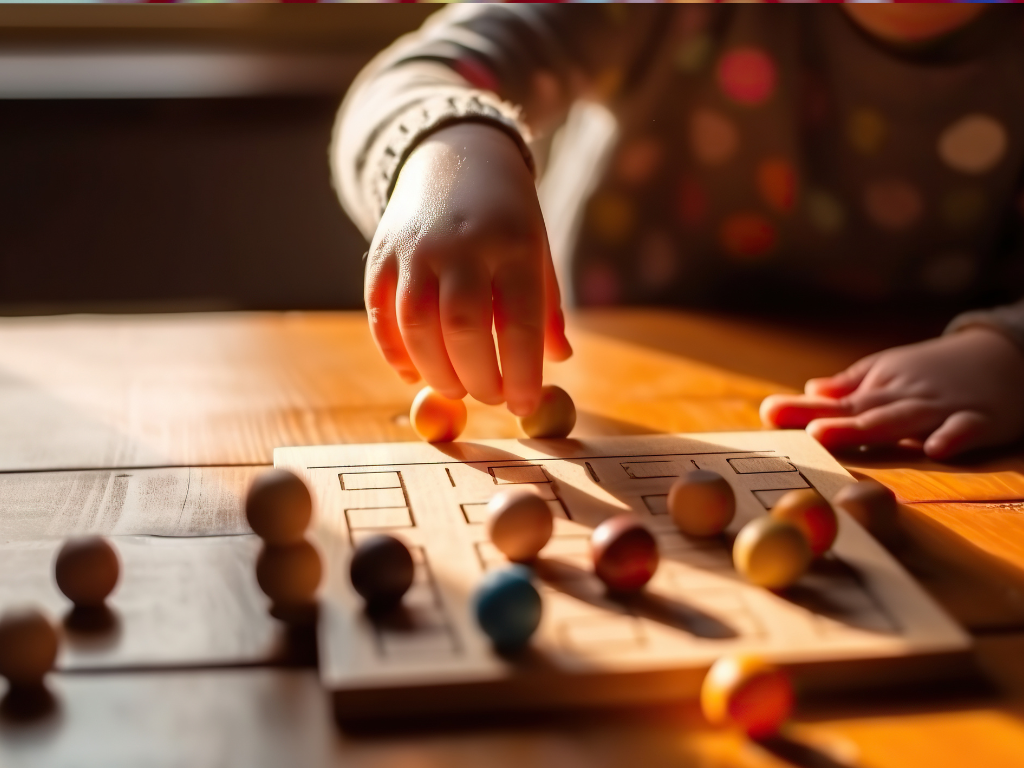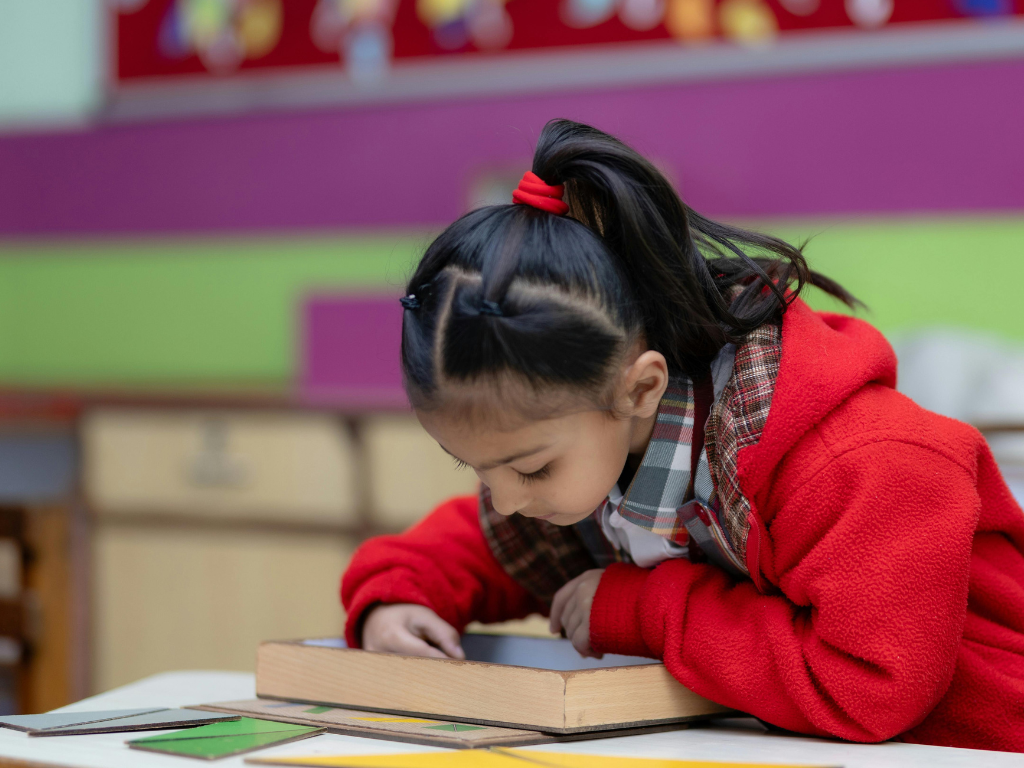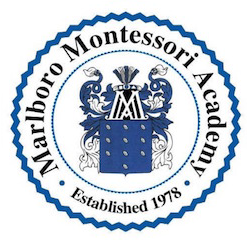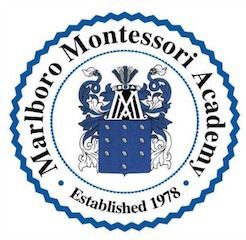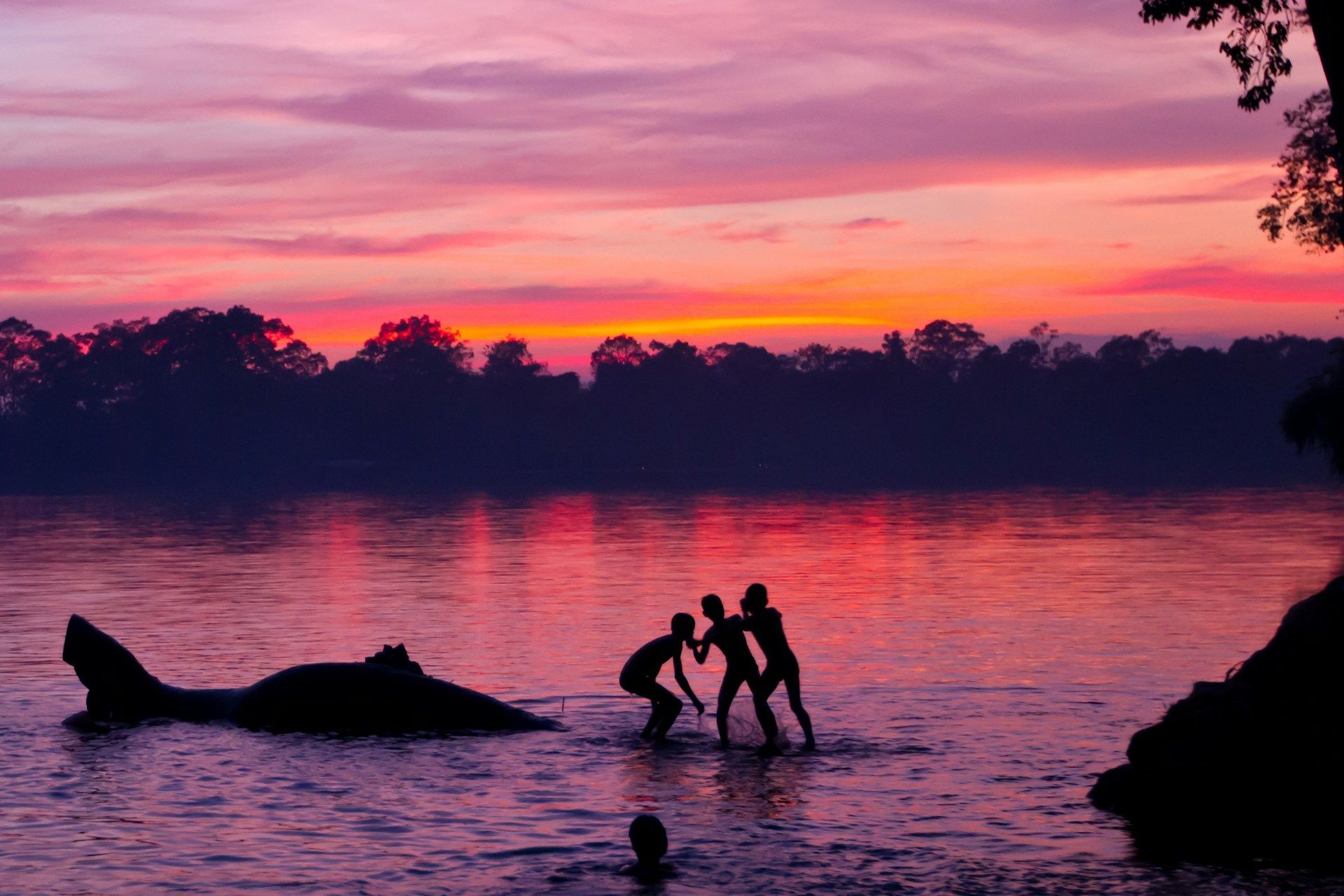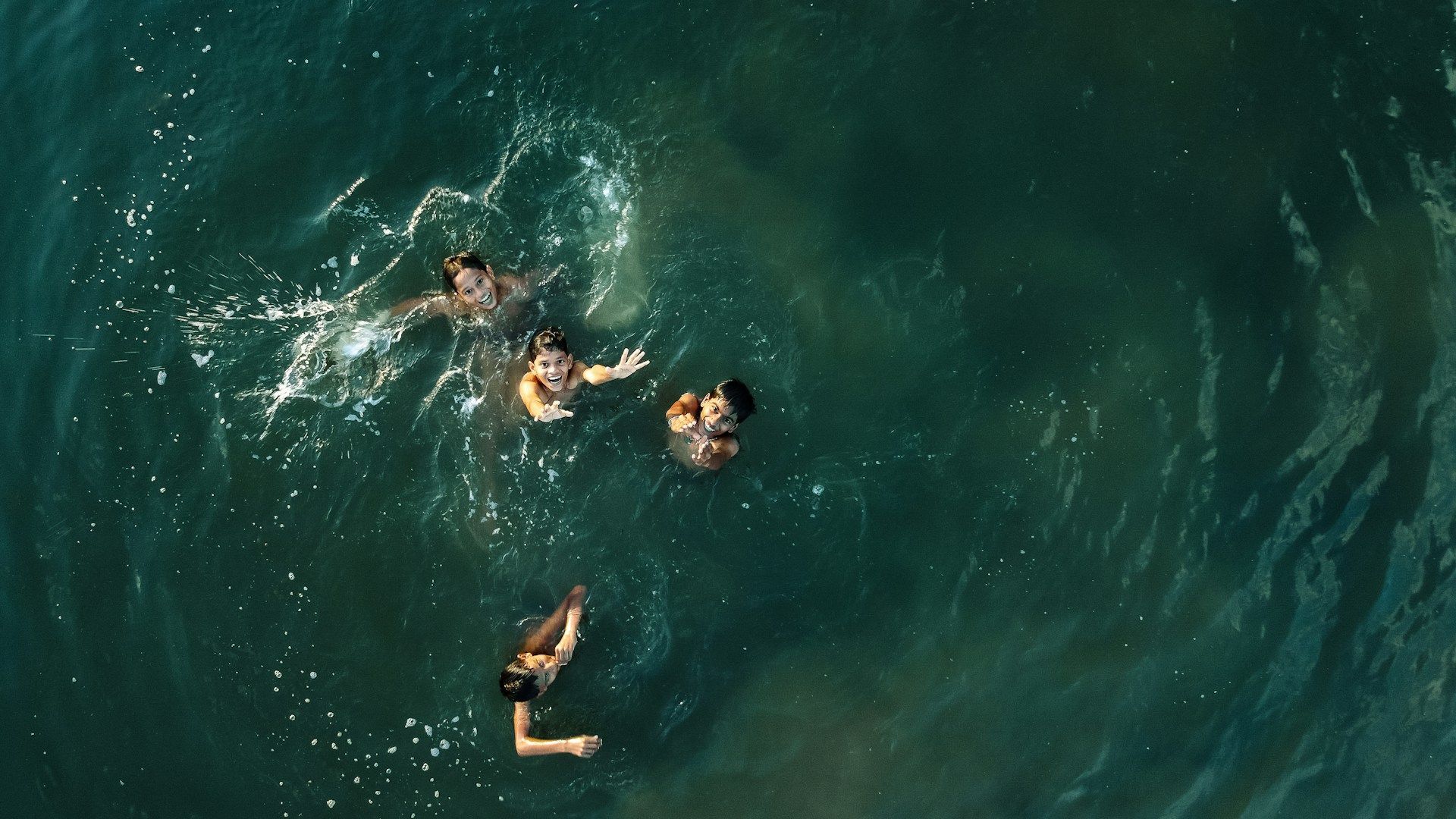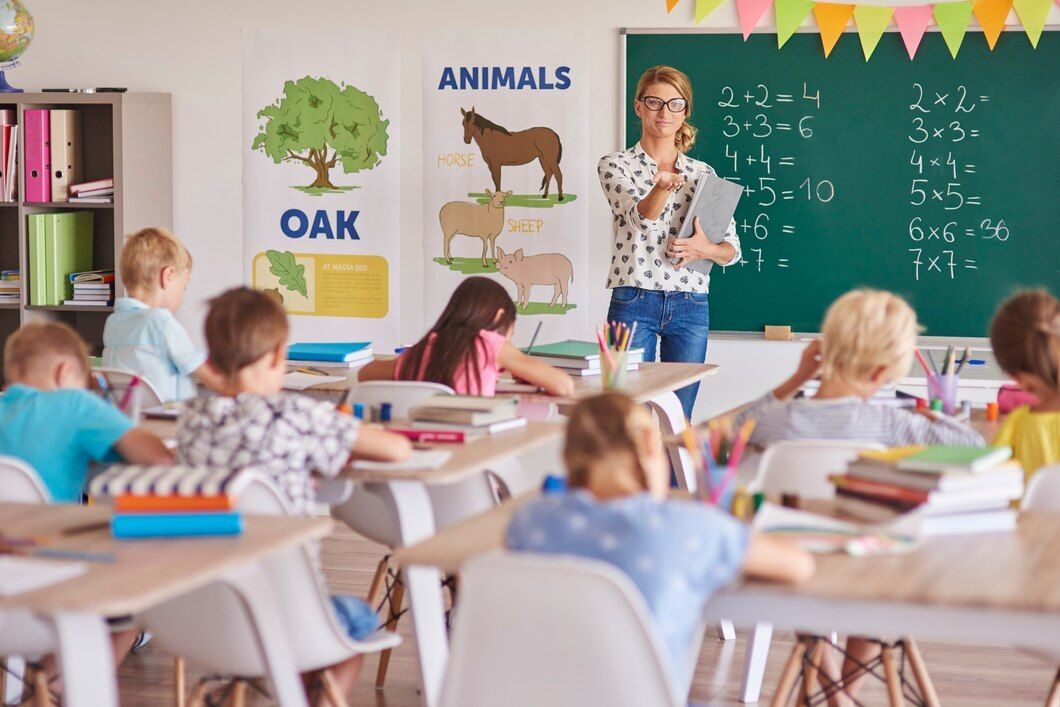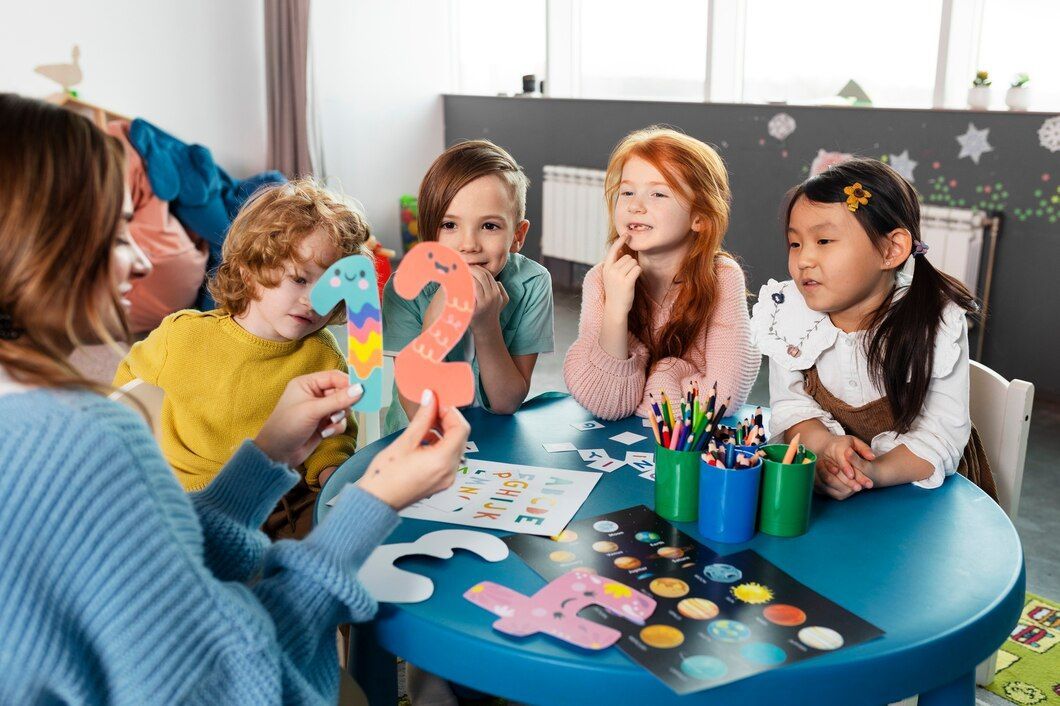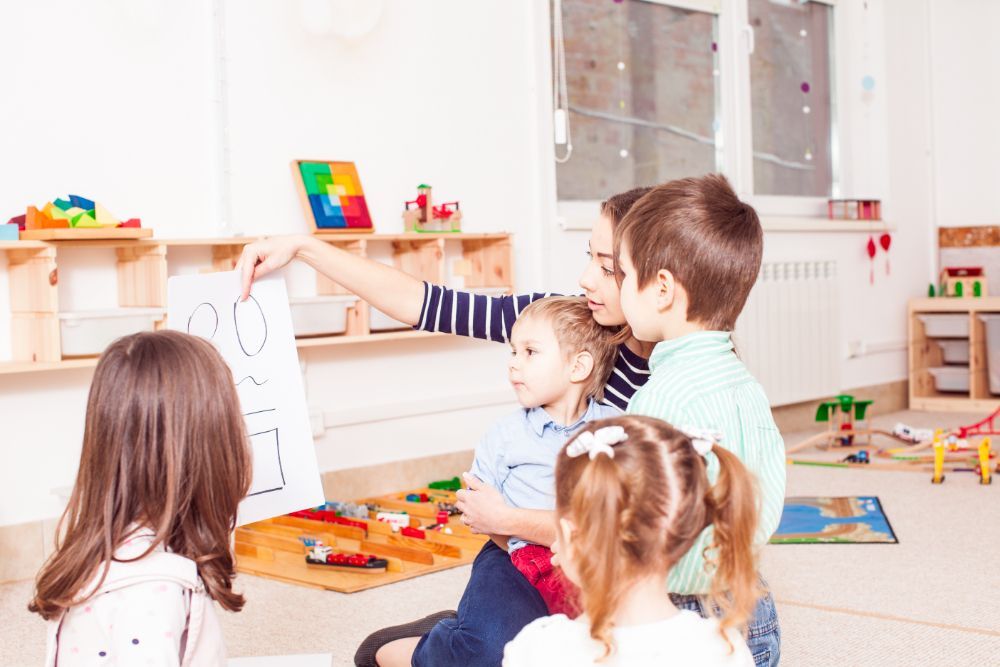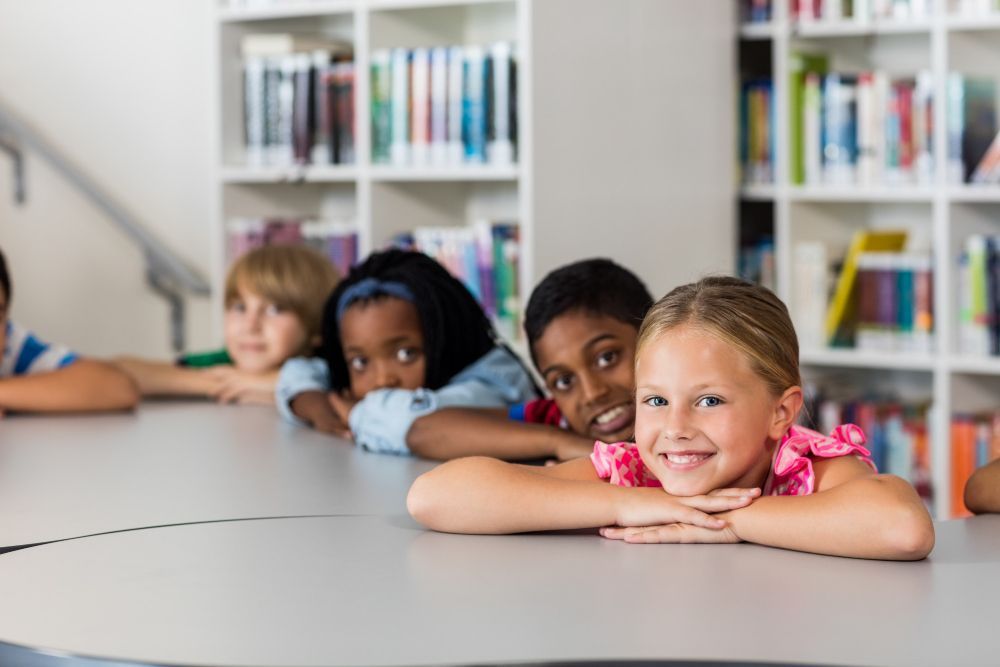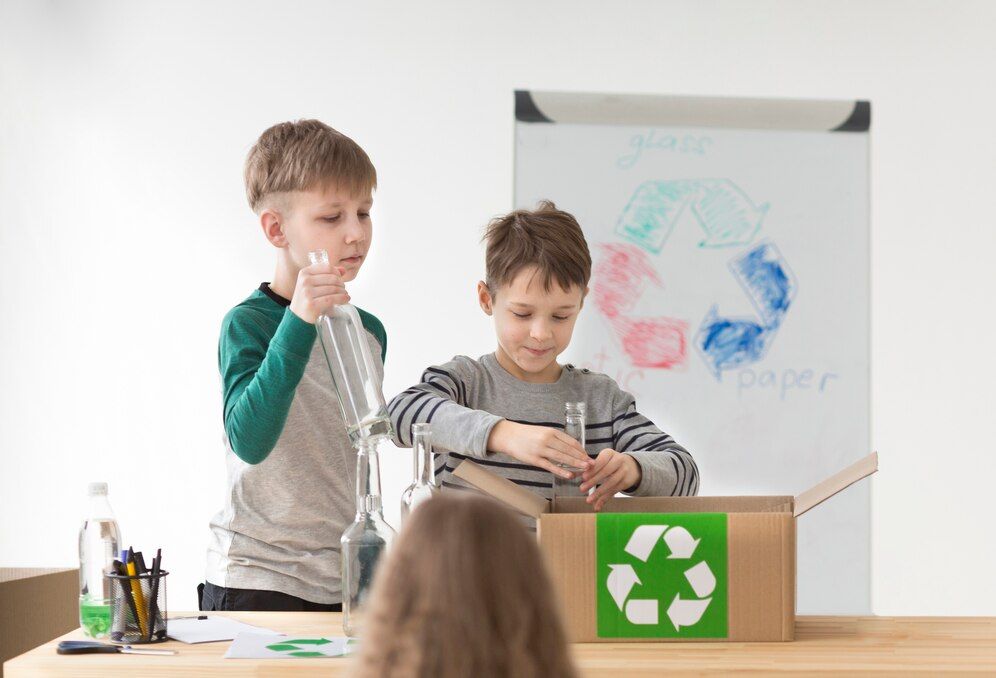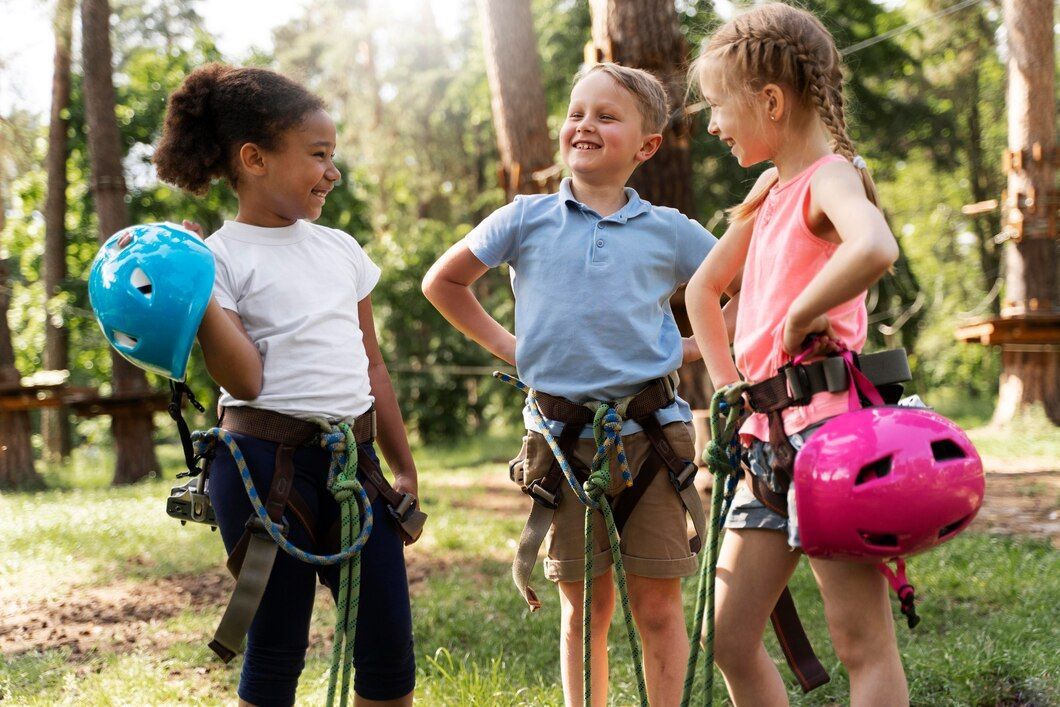The Role of Music and Movement Education in the Montessori Classroom
Music and movement are essential components of a well-rounded Montessori education, providing an engaging, dynamic learning experience for toddlers, preschoolers, kindergarteners, and elementary students. By incorporating music and movement activities into their instructional approach, Montessori schools like Marlboro Montessori Academy nurture the growth and development of young learners, tapping into their innate desire for creative expression while building a strong foundation for lifelong academic and personal success.
The Montessori approach to music and movement education is firmly rooted in the belief that every child has an inherent musicality and an innate need to explore rhythm, melody, and movement. This belief is in alignment with Dr. Maria Montessori's holistic view of child development, emphasizing that creativity, self-expression, and intelligence are intimately connected. By engaging children in age-appropriate, hands-on activities that encompass both auditory and kinesthetic experiences, Montessori music and movement education not only unlocks their creative potential but also enhances various aspects of their physical, cognitive, social, and emotional development.
In this blog post, we will dive into the multifaceted benefits of Montessori music and movement education, examining how this innovative approach supports the development of essential skills and abilities in young learners. Through a closer look at the principles, practices, and outcomes of Montessori music and movement education, you will gain new insights into the essential role that these activities play within the Montessori curriculum, and understand how they enrich the overall learning experience for children.
Ignite a lifelong passion for music and movement in your child, offering them the myriad benefits of Montessori music and movement education - a harmonious blend of expression, exploration, and discovery that has the power to transform their lives, both in and outside the classroom.
The Multifaceted Benefits of Montessori Music and Movement Education
From building cognitive and motor skills to fostering emotional development, Montessori music and movement education plays a vital role in shaping well-rounded, creative, and confident individuals. By understanding the various benefits of this holistic, multisensory approach, parents and educators can better appreciate the incredible impact it has on young learners' academic and personal growth.
1. Developing Cognitive and Language Skills through Music
The Montessori music curriculum provides children with ample opportunities to enhance not only their musical abilities but also their cognitive and language skills. As young learners engage in activities such as singing, playing instruments, or listening to music, they improve their memory, pattern recognition, attention span, and critical thinking abilities. Moreover, music education in the Montessori classroom fosters language development by exposing children to new vocabulary and encouraging them to express themselves through lyrics and vocalization.
2. Enhancing Motor Skills and Physical Development through Movement
Movement education in the Montessori classroom aims to facilitate the development of children's motor skills, strength, flexibility, and coordination. By participating in activities such as dance, yoga, or obstacle courses, young learners hone their gross and fine motor skills while improving their overall physical fitness. The emphasis on movement education ultimately prepares children to participate in various sports and physical activities as they grow older and sets the foundation for a healthy, active lifestyle.
3. Promoting Emotional and Social Growth through Creative Expression
Music and movement education in the Montessori setting serve as powerful tools for nurturing emotional and social development. Through creative expression, children learn to communicate their thoughts, feelings, and emotions in a safe and supportive environment, fostering healthy self-expression and emotional regulation. Additionally, participating in group music and movement activities helps young learners develop valuable skills such as teamwork, cooperation, empathy, and social confidence.
4. Building a Strong Foundation for Future Academic Success
The Montessori music and movement curriculum not only enriches young learners' lives in the present moment but also sets the stage for future academic success and personal fulfillment. Through the development of critical thinking, language, motor, emotional, and social skills, children gain the tools and confidence needed to succeed in various aspects of life – from excelling in academics to pursuing creative passions and forging meaningful relationships.
Implementing Montessori Music and Movement Education: Key Principles and Practices
To effectively incorporate music and movement education within the Montessori classroom, educators must adhere to specific principles and practices that honor the holistic, child-centered philosophy of the Montessori approach. By embracing these principles and practices, teachers can create an environment where children thrive musically, physically, and emotionally.
1. Providing a Prepared Environment that Encourages Exploration
A cornerstone of the Montessori music and movement curriculum is the well-prepared environment, which allows children to explore their interests and passions freely. Classrooms should be equipped with age-appropriate instruments, materials, and resources that inspire experimentation and creativity. Child-sized instruments, such as xylophones, drums, or shakers, should be easily accessible, while open spaces for movement and dance should be designated to encourage free expression.
2. Fostering Individualized and Collaborative Learning Experiences
Montessori music and movement education emphasizes individualized learning experiences while balancing the importance of collaborative engagement. Teachers should provide opportunities for children to work independently on musical projects or activities, allowing them to progress at their own pace. Simultaneously, incorporating group activities like ensemble playing, singing, or group dancing promotes a sense of community and shared enjoyment among students.
3. Embracing Multicultural and Interdisciplinary Connections
Expanding young learners' inclusivity and cultural understanding is a crucial aspect of Montessori music and movement education. By exposing children to music and dance from different cultures, teachers foster a greater appreciation for the diverse world and instill feelings of empathy and respect. Furthermore, integrating music and movement concepts within other subject areas, such as literature, science, or history, strengthens children's understanding of interdisciplinary connections and deepens their learning experience.
4. Serving as a Facilitator and Guide
Montessori music and movement educators play a vital role in guiding and facilitating young learners' development. Teachers should act as supporters, providing encouragement and constructive feedback while refraining from imposing their artistic preferences. Honoring each child's unique voice and creative expression cultivates a sense of self-confidence and appreciation for individuality.
The Transformative Power of Montessori Music and Movement Education
Through its emphasis on creativity, self-expression, and the interconnectedness of learning, Montessori music and movement education unlocks young learners' potential and enriches their overall development. By fostering essential cognitive, motor, emotional, and social skills, Marlboro Montessori Academy creates an environment where young learners flourish, paving the way for a lifetime of academic achievement, personal growth, and creative fulfillment. Introduce your child to the transformative world of
Montessori music and movement education, and watch as they develop into confident, creative, well-rounded individuals ready to embrace life's melody with open arms and dancing feet.
